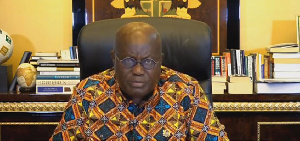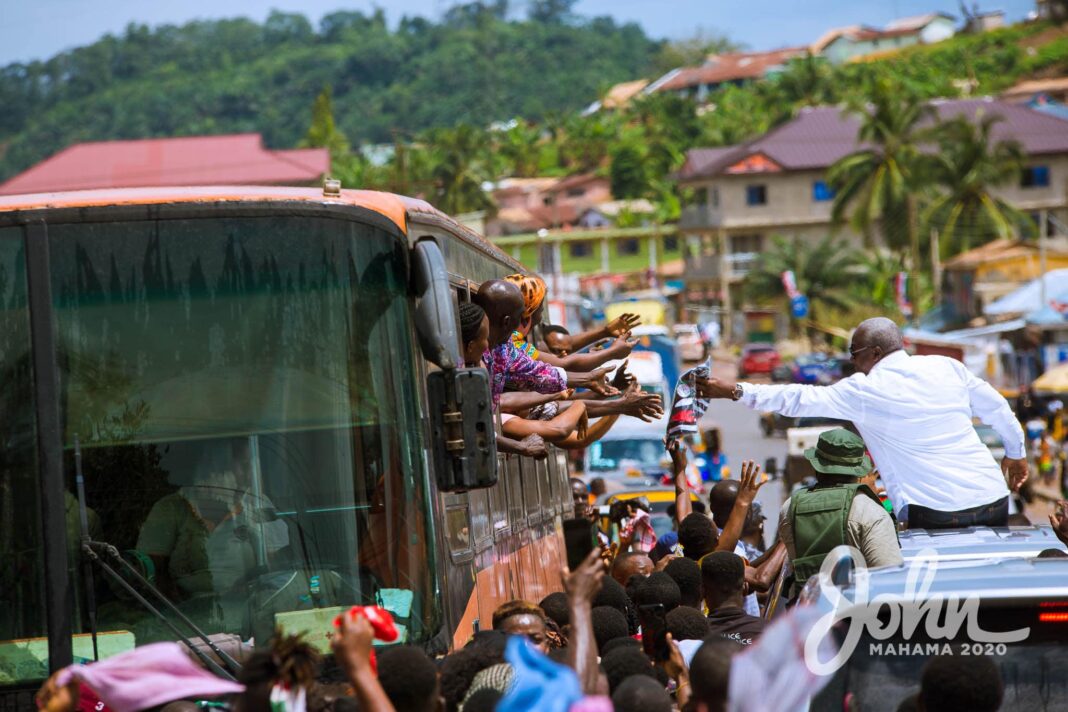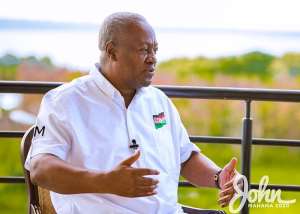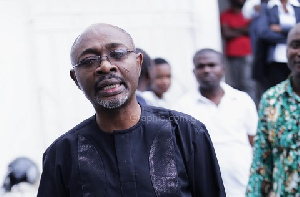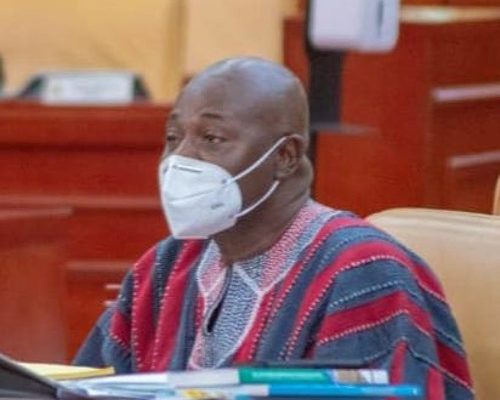The year Ghana had 3 Heads of State, top military men executions
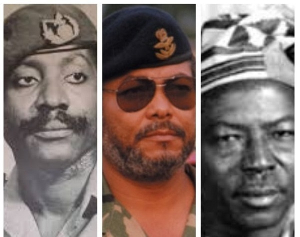
Feature by: Nimatu Yakubu Atouyese
The year 1979 was a landmark period in Ghana’s political history where the country experienced extraordinary political upheavals, characterized by multiple Heads of State, coup attempts, executions of top military leaders, and the eventual transition to civilian rule.
It was also the year that the name Flt. Lt. Jerry John Rawlings – who will go on to give Ghana its current republic; the most stable, become a household name.
Here’s a detailed account of the significant events that unfolded during this tumultuous year:
General Fred Akuffo
At the beginning of 1979, Ghana was under the military rule of General Fred Akuffo, who had come to power in a palace coup in July 1978, ousting General Ignatius Kutu Acheampong.
Akuffo’s regime faced widespread dissatisfaction due to economic decline and corruption.
He was Chief of the Defence Staff of the Ghana Armed Forces from 1976 to 1978, and Chairman of the ruling Supreme Military Council in Ghana from 1978 to 1979.
He became leader of the government in a palace coup against General Kutu Acheampong, but was overthrown and executed in another military coup less than a year later.
Fred Akuffo was born at Akropong in the Eastern Region of Ghana.
He completed his secondary education in 1955 at the Presbyterian Boys’ Secondary School at Odumase Krobo.
He then enlisted in the Ghana Army in 1957 and trained at the Royal Military Academy, Sandhurst, UK, among others, receiving his commission in 1960.
He was married to Emily Akuffo. He also attended the National Defence College in India in 1973.
He was executed along with other senior military officers on June 26, 1979, at the Teshie Military Range.
Flight Lieutenant Jerry John Rawlings
On June 4, 1979, Flight Lieutenant Jerry John Rawlings led a successful coup that overthrew General Akuffo’s regime.
Rawlings came to power in Ghana as a Flight Lieutenant of the Ghana Air Force following a coup d’état in 1979.
Prior to that, he led an unsuccessful coup attempt against the ruling military government on Tuesday, May 15, 1979, just five weeks before scheduled democratic elections were due to take place.
After handing power over to a civilian government, he overthrew the democratically elected government through a military coup on Thursday, December 31, 1981, as the Chairman of the Provisional National Defence Council (PNDC).
In 1992, Rawlings resigned from the military, founded the National Democratic Congress (NDC), and became the first president of the Fourth Republic. He was re-elected in 1996 for four more years.
After two terms in office, the limit according to the Ghanaian constitution, Jerry John Rawlings endorsed his vice-president John Atta Mills as a presidential candidate in 2000.
Dr Hilla Limann
Following the coup and a brief period of military rule under Rawlings and the Armed Forces Revolutionary Council (AFRC), Ghana transitioned to civilian rule.
Dr Hilla Limann was elected president in the general elections held later that year and was inaugurated on September 24, 1979.
He stood for the elections following the disqualification of Alhaji Imoru Egala by the then-ruling Supreme Military Council and won 62% of the popular vote in the second round of voting.
Dr. Limann assumed office as president on September 24, 1979. He was an economist and supported democratic values and Pan-Africanism.
He was, however, deposed in another coup by JJ Rawlings on December 31, 1981.
He, thus, was the only president of the third republic of Ghana.
In 1992, at the end of the PNDC military rule that overthrew him, Dr. Limann once again found himself involved in politics and stood as the candidate of the People’s National Convention, a new party he founded, in the presidential election that year.
He received 6.7% of the popular vote in the elections, coming third. He remained active among the Nkrumahist political movement in Ghana until his death.
Source: www.ghanaweb.com

